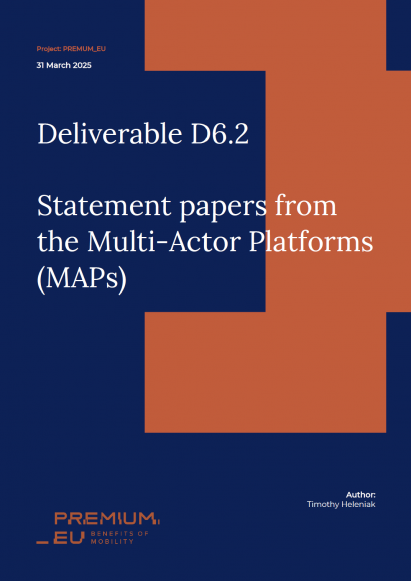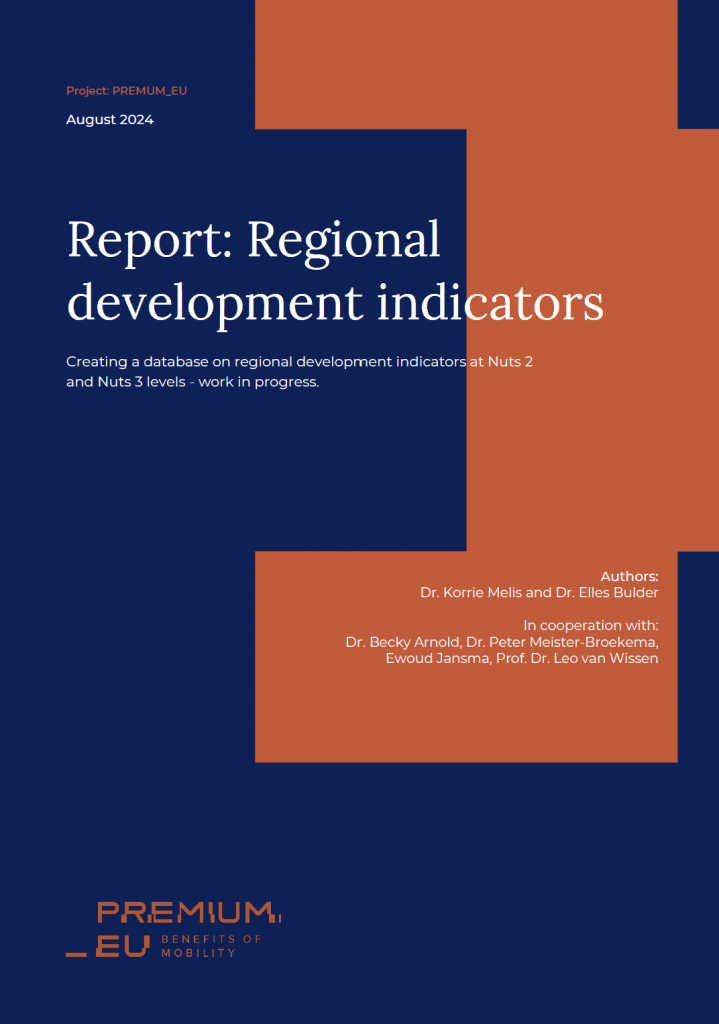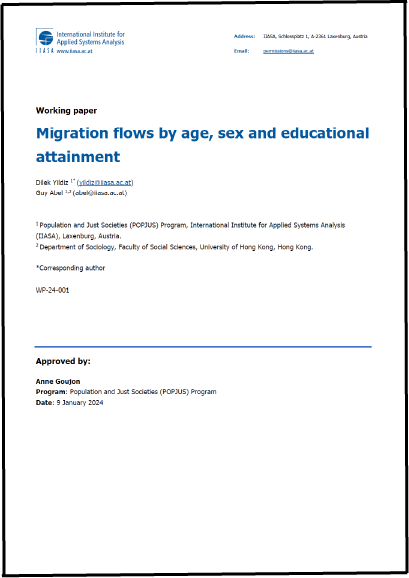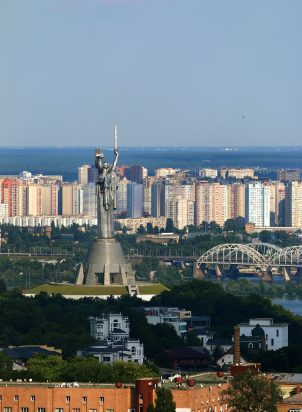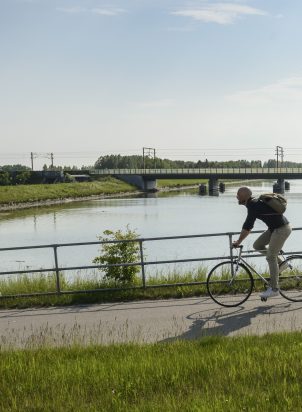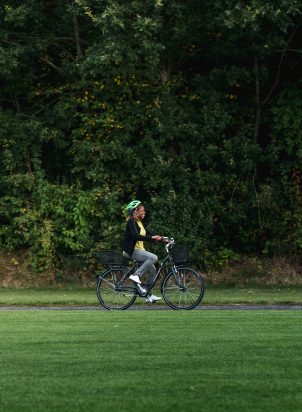Across Europe, local leaders, citizens, researchers and policymakers have come together to answer a crucial question: how can we make rural regions more attractive, inclusive, and resilient in the face of ongoing demographic and economic shifts? As part of the PREMIUM_EU project, ten Multi-Actor Platforms (MAPs)—open forums for co-learning and policy development—continued their work from the SHERPA project to share what’s working, what’s not, and how mobility can become a force for positive regional transformation.
Key Findings from Rural Europe
The MAPs worked across 10 regions and countries, from the Bieszczady Mountains of Poland to the Southwest Alentejo in Portugal. Despite regional differences, some shared lessons emerged:
- Basic services matter. A lack of schools, childcare, healthcare, and digital infrastructure continues to drive depopulation.
- Focus on young families, not just youth. Several MAPs emphasized that it’s more effective to target young families with children than students who are about to leave.
- Remote work is a game changer—but only with broadband. High-speed internet is now critical infrastructure for attracting newcomers and enabling remote workers.
- Rural does not mean farming. Many regions are embracing diverse rural economies—from tourism to tech to social enterprises.
- Inclusion is key. From elderly residents to new migrants, the MAPs urged tailored approaches to make sure everyone feels part of the local future.
5 Inspiring Examples of Innovative Local Action
- Mobile Offices in Bieszczady, Poland: Bringing Public Services to the People
- Intercultural Inclusion in Southwest Alentejo, Portugal: Turning Migration into an Asset
- “Birds” as Change Agents in Bieszczady: Newcomers Driving Rural Revival
- Green Economy Leadership in Zachodniopomorskie, Poland: Rural Climate Action in Practice
- Digital Potential and Urban-Rural Ties in Lithuania: A Smart Countryside Vision
